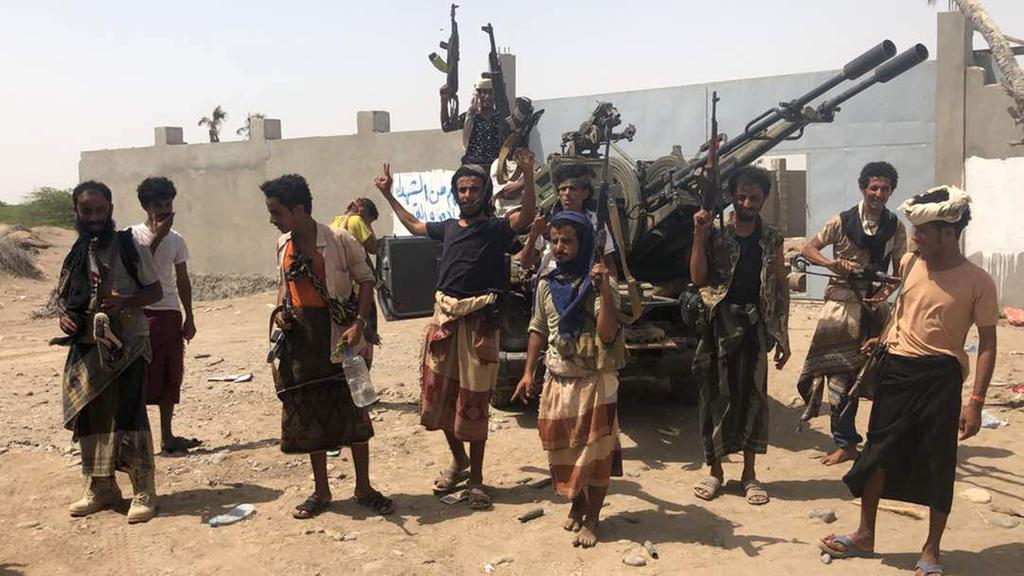The United Nations Refugee Agency (UNHCR) called on all parties in Yemen on Tuesday to ensure the physical safety and safe passage of civilians and displaced people, especially in war-torn Hodeidah.
The UNHCR called for adherence to international and refugee law as it seeks to secure the population of the country, of which 75 percent of some 22 million require humanitarian assistance.
The devastating conflict in Yemen has left nearly 10,000 people dead since March 2015, when a Saudi-led coalition intervened to fight Huthi rebels closing in on the last bastion of President Abedrabbo Mansour Hadi‘s government.
About 80 percent of all food imported into Yemen goes through the city of Hodeidah, and fighting over its control has led to mass displacement of 50,800 families. Many are trapped between warring factions there while facing loss of food and housing.
“During focus group discussions with displaced persons from Al Hudaydah conducted in June and July, UNHCR identified a series of protection needs requiring urgent attention. Most prominent among them are the specific needs of children who may be separated from their families, and women, who may be at high risk of sexual harassment and violence either during flight or when living in overcrowded settings,” UNHCR spokesperson William Spindler said.
“Another common concern is the loss of livelihoods, exacerbated by a decline in purchasing power due to increasing food prices and the decline in value of the Yemeni currency, the riyal,” he added.
The calls for stabilization came after over 450 civilians have lost their lives in the first nine days of August, making the month one of the deadliest since fighting began.
Some 11,000 of the families have been assessed by the UNHCR and referred out or given cash or rental subsidies. The most vulnerable cases have been sent for special services, such as obtaining national IDs needed for accessing assistance or getting mental health counseling. But the need far outpaces the assistance so far, even with partnerships between non-government organizations (NGOs) and talks of concessions between warring government factions.
The growing violent conflict is not only exacerbating the situation for millions of locally displaced people, but also for refugees from other countries. There are some 270,000 refugees within Yemen, mostly from Somalia, that are becoming more vulnerable. Their needs for protection and assistance are wide. NGOs are struggling to keep the population assisted with life-saving services and protected from child marriage and child labor as these populations move around.


